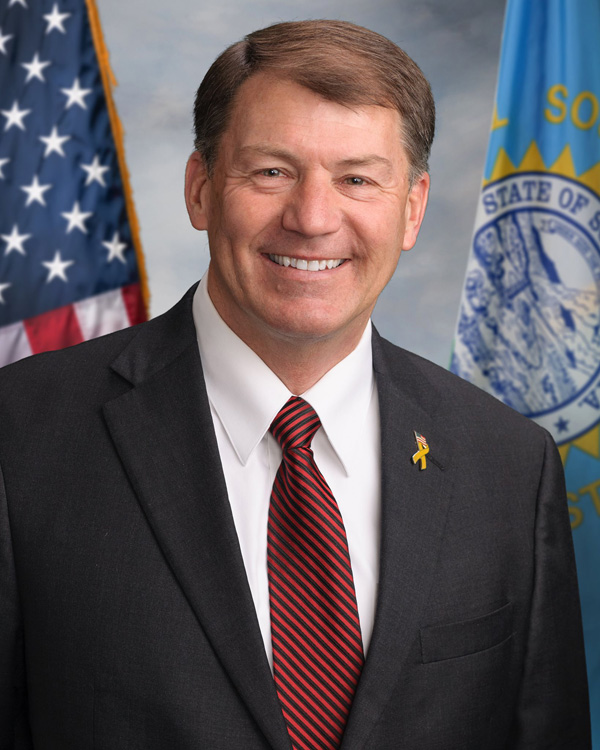
 New Year, Same Commitment to Fighting for South Dakota
New Year, Same Commitment to Fighting for South Dakota
By Sen. John Thune
President Ronald Reagan once said, “I’ve always thought New Year’s Day was an especially American tradition, full of the optimism and hope we’re famous for in our daily lives – an energy and confidence we call the American spirit.
Perhaps because we know we control our own destiny, we believe deep down inside that working together we can make each new year better than the old.”
2019 was a productive and historic year in the Republican-led Senate. It never earned a “breaking news” banner, but it sure deserved one. We continued our effort to help transform the federal judiciary by confirming well-qualified judges – a lot of them. In fact, we’ve confirmed so many in the last few years that now one in four federal circuit court judges in the United States has been appointed by this president and confirmed by a Republican Senate. This is good news for Americans who want level-headed judges who simply call balls and strikes when it comes to interpreting the law.
In 2019, my bipartisan Telephone Robocall Abuse Criminal Enforcement and Deterrence Act, or TRACED Act, became law. It puts those bad actors who are behind the annoying and illegal robocalls we all hate receiving on notice and provides a pathway for criminal prosecution. In other words, it sets the stage for creating a credible threat of spending time behind bars.
The Setting Every Community Up for Retirement Enhancement Act, or SECURE Act, also became law last year. I was proud to support this bipartisan effort, which takes several important steps that will help workers better prepare for retirement, including by expanding access to retirement savings accounts like 401(k)s.
The Senate also approved the National Defense Authorization Act, which authorized the full annual funding request for development of the B-21 bomber. We repealed costly Obamacare taxes, strengthened the border, and appropriated hundreds of millions of dollars for election security improvements, among a laundry list of other accomplishments. And on a personal note, after years of working to promote the advancement of next-generation technologies, it was humbling to see Sioux Falls become one of the first cities with an active 5G network last year.
As is always the case, the work is never complete, and 2020 provides a fresh opportunity to continue putting points on the board for the American people. At the top of the list is passing the United States-Mexico-Canada Agreement, a 21st century update to the decades-old trade pact between the three countries. Passing it would be a huge win for the U.S. economy, particularly the agriculture economy, which has disproportionately struggled in recent years.
In South Dakota, I’m excited for what’s to come at our very own Ellsworth Air Force Base, and I’m committed to doing everything I can to ensure it’s in the best possible position as it prepares to be the nation’s first host of the B-21 bomber.
This year, I look forward to continue working with Secretary of Veterans Affairs Robert Wilkie, who has prioritized the needs of rural and tribal veterans. After encouraging him to visit Hot Springs, I’m glad he will soon make the trip. It’s imperative for him to see “The Veterans Town” firsthand and meet with the community that supports this critical facility.
There are a number of additional opportunities this year, including efforts to reduce health care and prescription drug costs, develop our workforce, double down on my work to expand rural broadband and strengthen America’s position in the race to 5G, and work on the next highway bill. During the last surface transportation bill debate, I served as chairman of the Senate Committee on Commerce, Science, and Transportation, and I was glad to play a role in ensuring South Dakota’s priorities got the attention they deserved – something I will do again this year.
The Senate certainly has a lot on its plate this year, but I’m confident we’ll be able to focus on the agenda the American people elected us to pursue. Like Reagan, I truly believe that in America, tomorrow will always be better than today, and as we enter this new year, I’m looking forward to doing my part to strengthen the American spirit by continuing that tradition.
###








